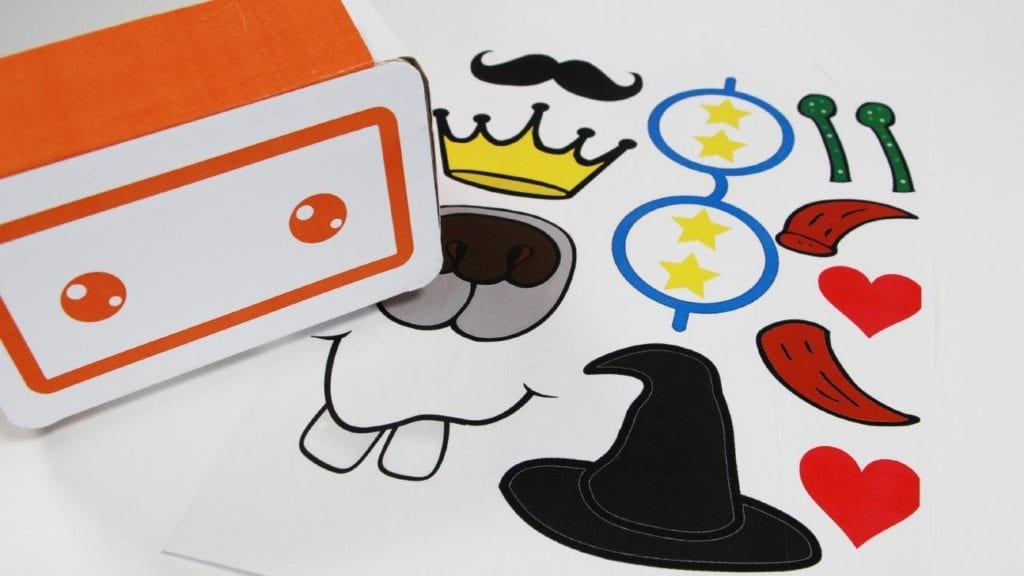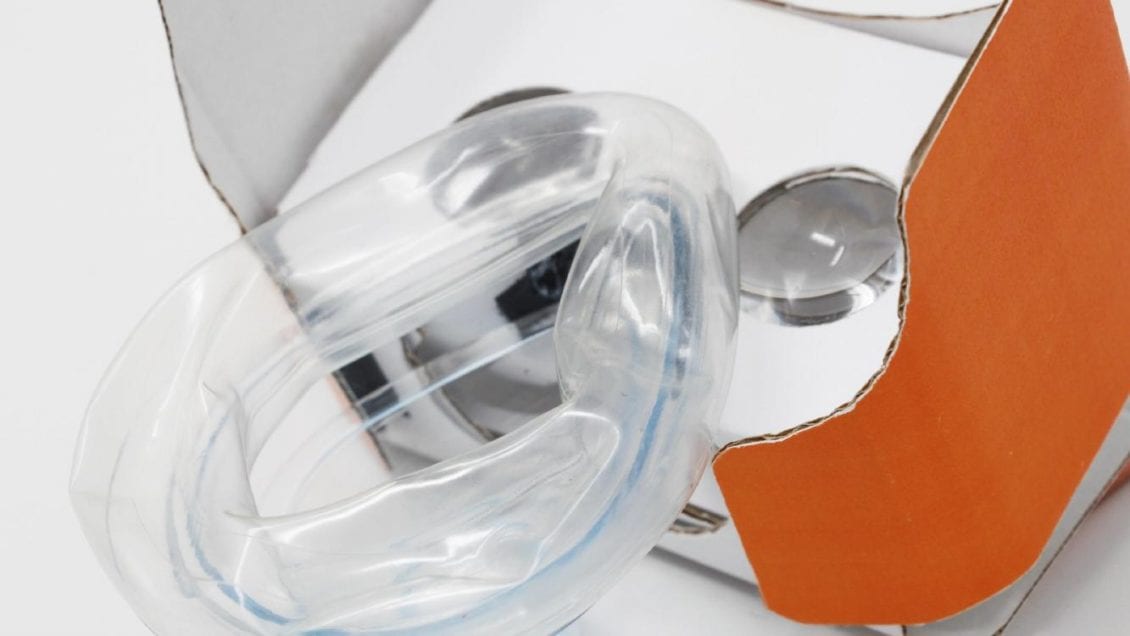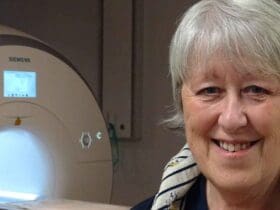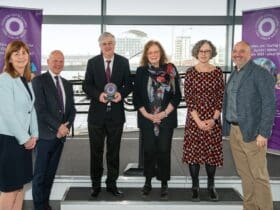A doctor has combined healthcare with virtual reality to help put patients at ease.
Dr Kevin Rafferty came up with the concept of combining a disposable anaesthetic facemask with a VR headset to keep patients occupied while they undergo gas induction of anaesthesia or oxygen while working as a locum staff doctor in north Wales.
The headset is single patient use, cardboard virtual reality headset integrating a detachable medical mask. The device is used in conjunction with a smartphone to create the virtual reality experience.


The device can be used during multiple procedures, including post-operative recovery therapy, continuous positive airway pressure therapy, nebuliser therapies, inhaler therapies, CT scans, and dental procedures.
Dr Rafferty, who currently works as an anaesthetic doctor in Northern Ireland, created a prototype, made 3D models and prints, and approached AgorIP for further help.
AgorIP brings academics, clinicians and businesses together to pioneer research into cutting-edge technologies and drive commercial success with the support of Swansea University, and the European Regional Development Fund through the Welsh Government.
Thanks to AgorIP, the headset has been created en masse and has been successfully distributed into NHS Wales.
Rhydian Owen, who worked with Mr Rafferty during his time with AgorIP, said: “When AgorIP started working with Kevin, he was a clinician in north Wales who had identified a way of improving the care he delivered, and had developed a DIY solution.
“He had found that if he held smartphones up for children to watch, it made being anaesthetised less stressful for his young patients, and helped operations run more smoothly for the clinical team.
“AgorIP provided the resources and expertise to develop Kevin’s idea into a headset that other anaesthetists could use, and partnered with a company that can sell large quantities of the headsets across the UK, so that many more patients can now benefit from Kevin’s innovation.
“This is a great example of how supporting NHS innovators with specialist product development and commercialisation support can benefit both the NHS and its patients.”








Leave a Reply
View Comments